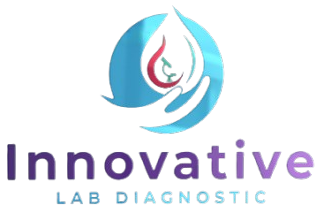Introduction
The history of medicine is a fascinating journey from ancient healing practices to modern-day breakthroughs in healthcare. Over the centuries, humanity’s understanding of diseases, treatments, and the human body has transformed, shaping the medical practices we rely on today. This blog explores significant milestones in medical history that have had a profound impact on our health and well-being.
1. Ancient Medical Practices: Foundations of Healing
In ancient civilizations, healing was often a blend of myth, superstition, and early medical knowledge. The Egyptians, Greeks, and Chinese made significant contributions to early medicine. Notably, the ancient Egyptians practiced rudimentary surgery and developed a variety of medical texts that laid the groundwork for future advancements. The Greeks introduced the concept of the humoral theory, with Hippocrates, often regarded as the father of medicine, emphasizing observation and diagnosis.
2. The Renaissance: Rebirth of Scientific Exploration
The Renaissance marked a period of great intellectual rebirth, and with it came major strides in medical knowledge. During this time, figures like Andreas Vesalius and William Harvey made groundbreaking discoveries in anatomy and circulation, challenging previous beliefs and revolutionizing the study of the human body.
3. The Discovery of Germ Theory: A Turning Point
In the 19th century, the medical community experienced one of its most transformative shifts with the discovery of the germ theory of disease. Pioneers like Louis Pasteur and Robert Koch showed that microorganisms were responsible for infections, changing how diseases were understood and treated. This led to the development of antiseptics and vaccines, ultimately saving countless lives.
4. The Birth of Modern Surgery: Advancements in Technology and Techniques
Surgery has come a long way from its early days, when it was often a life-threatening and painful endeavor. The introduction of anesthesia in the 19th century made surgeries bearable and allowed for more complex procedures. In the 20th century, the advent of laparoscopic surgery, robotic surgery, and other technological innovations made procedures less invasive and more effective.
5. The Rise of Antibiotics: The Fight Against Infection
One of the most significant medical advancements came in the 20th century with the discovery of antibiotics, beginning with Alexander Fleming’s accidental discovery of penicillin. This breakthrough dramatically reduced mortality from bacterial infections and paved the way for the development of other antibiotics that have saved millions of lives.
6. The Era of Modern Medicine: Genetic Research and Precision Medicine
The last few decades have seen a revolution in medical research, with the decoding of the human genome opening doors to precision medicine. This new approach tailors treatments to individual genetic profiles, promising more effective and personalized therapies for a variety of conditions, including cancer and genetic disorders.
Conclusion
From the rudimentary practices of ancient healers to the cutting-edge medical technologies of today, the journey of medicine is a testament to human ingenuity and perseverance. As we continue to explore new frontiers in genetic research, robotics, and artificial intelligence, one can only imagine what the future holds for medical science.

